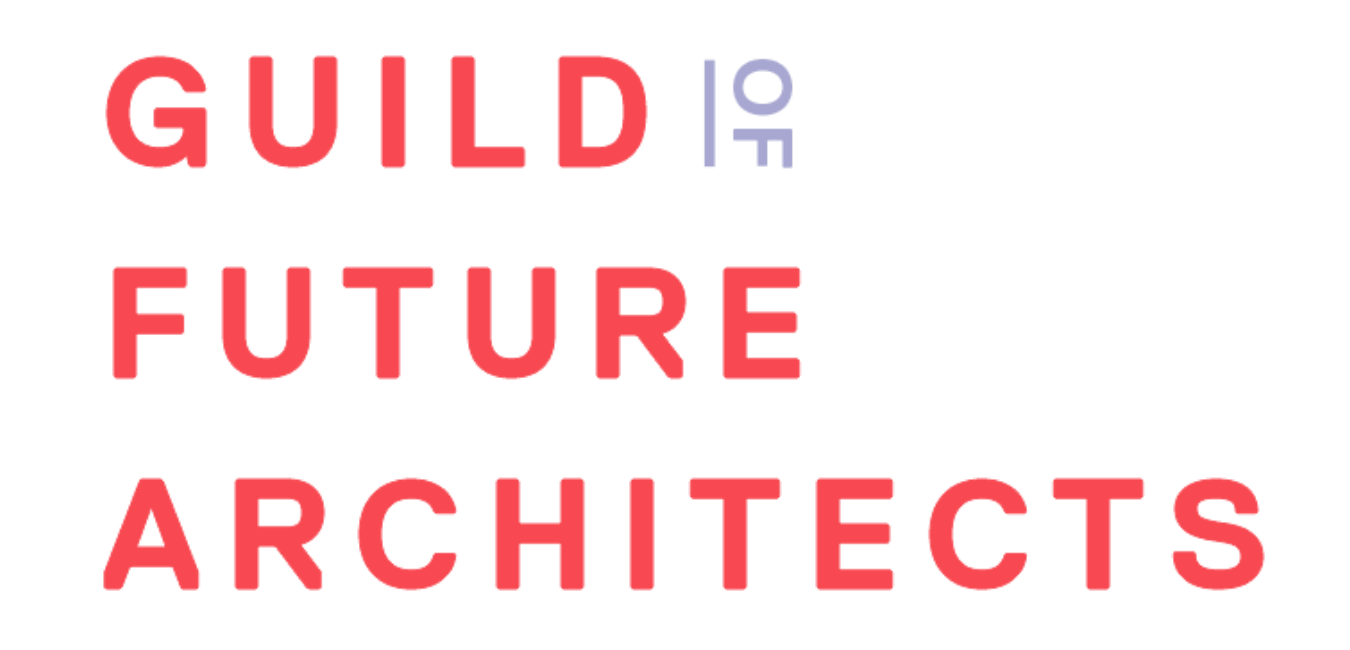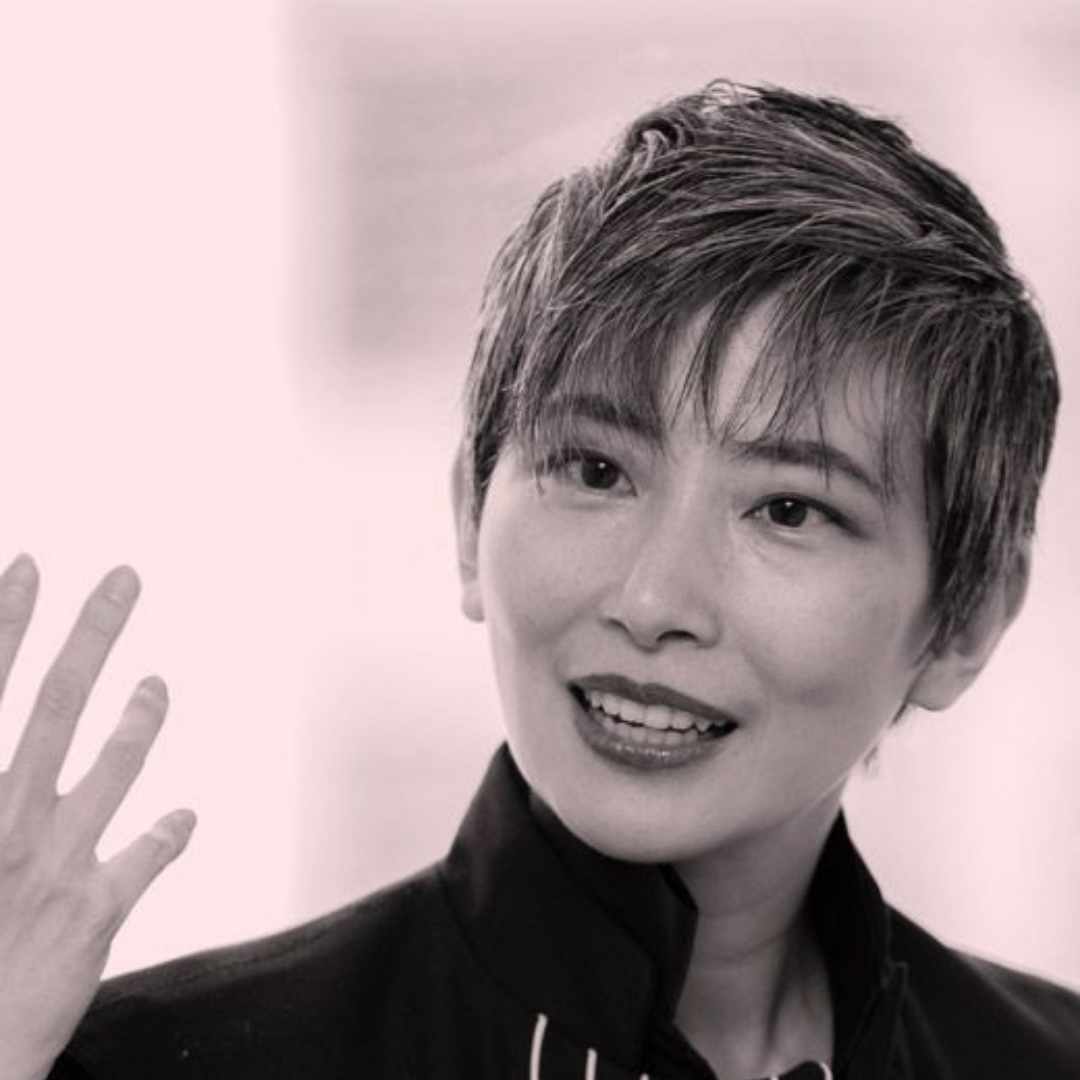
Sharon Chang
Future architect and shaker of systems. Rainforest thinker and guerilla gardener. Impact investor and founder. Zebras Unite founding member.
A Zebra is…
… a provocation against the status quo. It’s a curiosity in itself and a creature of beauty. It’s an invitation for people to get into something different.
The Issue with Two-dimensional Thinking
At the most foundational level, what’s troubling in today’s world is our inability to recognize our interdependence. The way we live life has become an artificial detachment from nature. And by nature I mean not only the natural environment that surrounds us, but—more importantly—our human nature within. We are all made from the same essence, yet the product—we—come out in vastly different expressions. If we don’t recognize the beauty in this diversity, but focus instead on the different boxes that we tend to put people in, we’re missing out. Such detachment means that we view the world not as a place of abundance and richness in diversity, but as a place of scarcity in which we have to defend ourselves against those in the other boxes. That mindset is harmful. It leads us to ask the wrong questions, make biased assumptions, and jump to short-sighted conclusions
For example, when we talk about scaling, we assume it means getting bigger. That idea is spreading all around us, especially when it comes to startups and entrepreneurship. Very few people think about scaling in terms of depth. If you have a team of ten people, maybe you shouldn’t scale by hiring more people, but scale in depth by
- building trust,
- unlocking each individual’s potential, and
- fostering deep relationships with one another.
That trust allows people to help each other grow into a complimentary configuration of strengths, skills, and experiences.
Scaling doesn’t have to be this two-dimensional approach of expansion over time. If we understood value creation as multi-dimensional (depth, breadth, time, impact etc.), we would be asking more interesting—and frankly more meaningful—questions.
Sharon’s Vision for the Future
The ideal future starts with learning. I deliberately don’t use the term “education” because education is defined as a particular system with very specific (and often outdated) parameters. I think about learning as a modality that is much more in tune with our human nature and authentic experience on this planet. For example, you can tell children to be honest, kind, and resilient, but by just barking these orders at them, they’re unlikely to truly learn and embrace these concepts. Learning is something that needs to be felt and experienced, not abstract ideas thrown at you so you can intellectually speculate what these lessons might mean or why they might be relevant.
I design for conditions so things can emerge, I don’t design for the outcome I desire.
My work has a lot to do with shaking systems and reexamining how we design systems. What I often do is design for conditions so things can emerge, not design for the outcome I desire. As our realities become more complex, we are almost dealing with an impossible game of Whack a Mole. In an ever-changing world, solutions cannot come up fast enough.
Therefore, the ideal future for me looks like beautiful fractal patterns of mutual teaching and learning, getting into a cycle of understanding on how to find the right conditions for people to thrive in an interdependent way. I want us to move away from hyper-individualism—the myth of the lone hero who thinks he/she/they can do it all on their own.
Seeding a Rainforest Community
Because of this lone hero myth, we’ve morphed into nuclear families and individualistic narratives of driving change, when in fact, we NEED community to make many of these things work. It does take a village to drive meaningful and lasting change. And sadly we’ve lost our village.
We’ve lost our village.
The community of the future needs to be diverse in the truest sense: in terms of age, gender, race, and class—aspects that have become highly politicized. We have been misguided to make sense of the world by categorizing people in ways designed to preserve inequitable power structures. What meaningful differences do we think we can discern from putting people in boxes of different skin colors or age or levels of ability? It’s simply a control mechanism.
In the future I envision, we get rid of these labels and categories. Instead, we accept and celebrate the fact that we are all unique and beautiful expressions of nature. Imagine going into the thickest and richest rainforest that is untouched by so-called “civilization.” What you’ll find are the most magnificent, complex and unexpected micro-ecologies that you could never replicate elsewhere because they are unique to the local conditions, and therein lies their beauty and value supported by inherent resilience.
When we follow the laws of nature to design communities and ecosystems, we provide the conditions for innovation and resilience, we help prepare the soil for little rainforests to take root, blossom and thrive. And—like in nature—that takes time.
On the contrary, look around any urban development that has been carefully planned and laid out, coded and conformed based on socioeconomic biases. These “developed” areas provide no space for the unexpected and no room for the outsider. By design, they tend to grow into calcified neighborhoods to maintain the status quo. This is why good urban planners often draw inspiration from nature’s complexity. We can never expect millions of people to thrive within a controlling design framework that stifles diversity.
When we follow the laws of nature to design communities and ecosystems, we provide the conditions for innovation and resilience, we help prepare the soil for little rainforests to take root, blossom and thrive. And—like in nature—that takes time. There will be times when it looks like nothing is happening above ground because much of that foundational change takes place out of plain sight, such as growing roots and connecting the different mechanisms underground. To stick with the analogy of the rainforest, we have to let go of the idea that we can produce a premeditated outcome. The best, and in fact, all we can do is to provide the right conditions for this natural process to take place.
Seeding a Culture of Comfort with Ambiguity, Grace and Beauty
In my ideal future, we are more comfortable with ambiguity, we give a lot of grace to things that take time and we value beauty.
I define beauty as a recognition of our connection to each other and ourselves. With that comes a sense of justice that’s not culturally tarnished. This kind of justice means knowing that every being has the right to exist. I believe it’s a birthright of all beings to depend on each other, care for each other and take what is necessary to thrive. No more, no less.
Seeding Capital as an Exchange or Readily Available Resources
Money is a very loaded concept. If you think about it in utilitarian terms, it’s nothing more than a symbol, a tool invented to make accounting more convenient. But in today’s world, it’s the equivalent of power. In my opinion, you don’t hold more of anything by holding more money. We need to neutralize money and detach these other meanings from it.
Secondly, I might be seduced to enjoy ownership, but fundamentally I don’t believe in that concept. I can’t own relationships. I can’t own the air I breathe. I can pretend to own land because I hold a deed. I can have money in my bank account and I can purchase the right to live in a house, yet ultimately I can’t really own any of these things in a “natural” way. We need to think about access, ownership and stewardship very differently, and that translates into the investor-startup relationship. Once you detach the idea of ownership, you start looking at a different dynamic between the entrepreneur and the investor: Suddenly it becomes a conversation among equals about an exchange of resources, ideas and support. I dislike the artificial power dynamic in which a startup founder has to prove that he/she/they is/are somehow “worthy” of the investor’s capital. The investor happens to hold more of that resource than the startup founder who needs it to test out an idea. If they choose to work together, there will be an exchange of value. It’s as simple as that.
Gardening in the Wild
I’m trying to practice everything that I mentioned above. In my impact investing practice, I fund inquiry. I invest in anything that is a hypothesis, because very few people are willing to take the risk to fund projects with unmeasurable results. But I put a lot of resources into asking the right questions and searching for relevant insights to help answer these questions.
I see my role as preparing the soil and putting seeds in the ground to help them grow.
Another organization I founded—Guild of Future Architects—is a community of people who are deeply involved in cultural innovation. We’re looking at how storytelling changes mindsets and language, which trickles down to people’s behavior. It’s a community of about 200 members and we’re growing very slowly on purpose because I want to scale through depth.
I see my role as preparing the soil and putting seeds in the ground to help them grow. It’s a little bit like gardening in the wild. I don’t know yet what kind of exotic flowers will surprise us because everything we’re growing hasn’t been seen before. Inevitably, some things don’t grow at all. I am constantly learning by watching little sprouts do their magic.
My role is not to become one exotic flower. I am the gardener in the wild. I listen to nature and prepare the conditions for people who are committed to building a more beautiful future.
How Can We Support You?
Bring more seeds!
Let’s get into resource exchange. On a practical level, that means being more vocal and transparent about what you need and what you have to offer. Just ask.
The world is so broken right now, I don’t think we have time to be overly polite. We need to be able to raise a hand and say: “I need help here!” In a community in which we trust each other and assume the best of intentions from each other, we have permission to continuously extend radical, big invitations to take what we need and give what we can to change the system for the better.
Sharon asks the community…
What is the one most-needed resource right now? If you had one wish for building these micro rainforests in our communities, what would it be?
If we ask this question regularly and map the answers, we could keep track of how resources move and how our systems evolve.
Shout-out
Check out the Edmund Hillary Fellowship, a wonderful group of potential Zebras in New Zealand!

Sharon Chang
New York, NY, USA
Future architect and shaker of systems. Rainforest thinker and guerilla gardener. Impact investor and founder. Zebras Unite Founding Member.